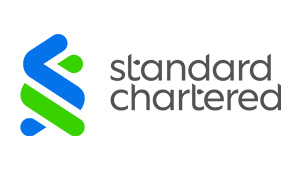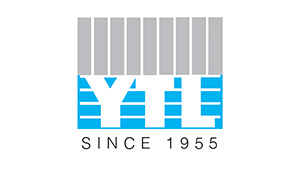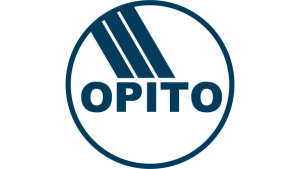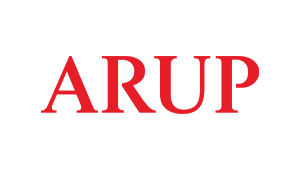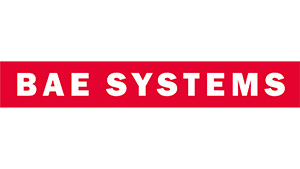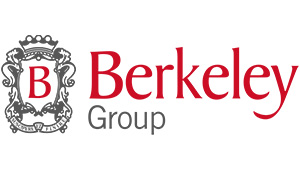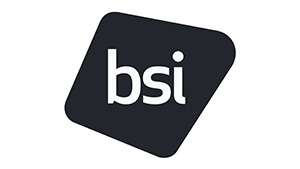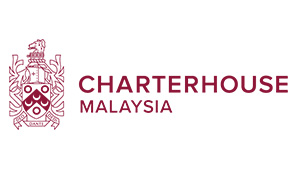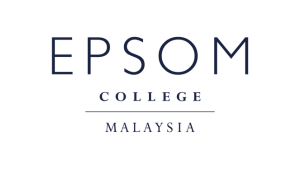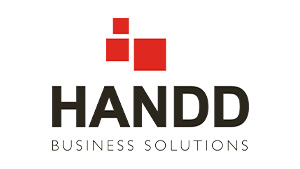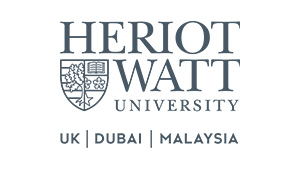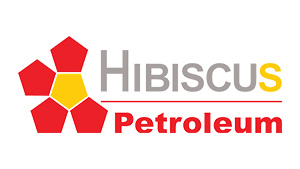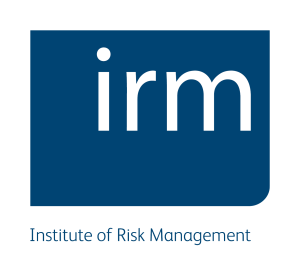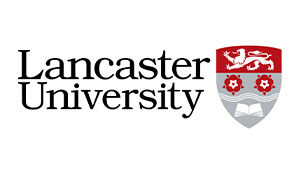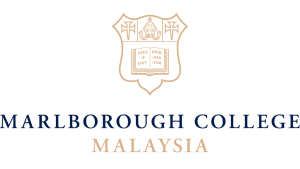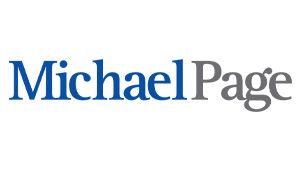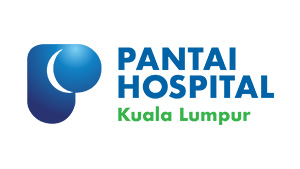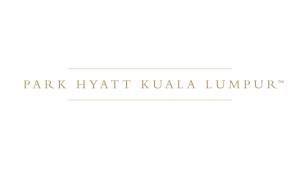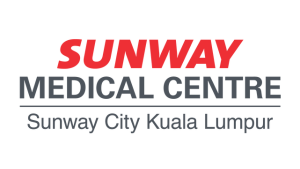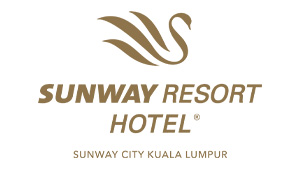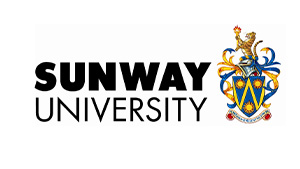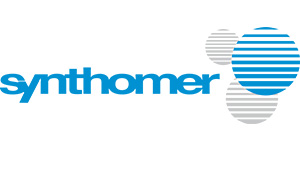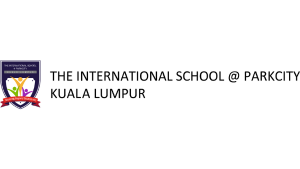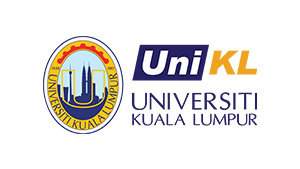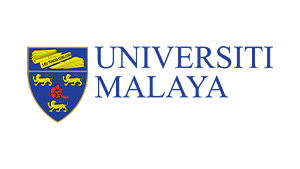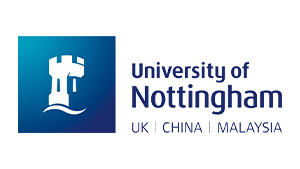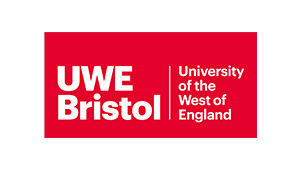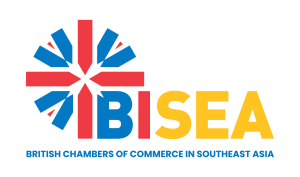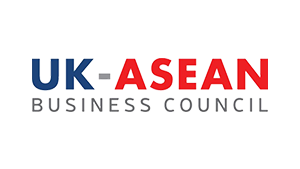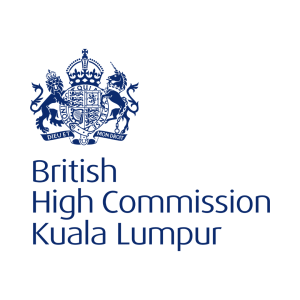JLL | Johor-Singapore Special Economic Zone (JS-SEZ): Comprehensive Tax Incentives and Infrastructure Upgrades Set to Transform Malaysia-Singapore Economic Partnership
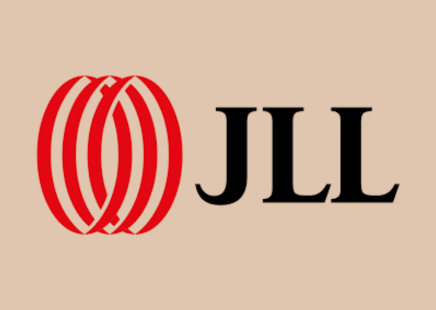
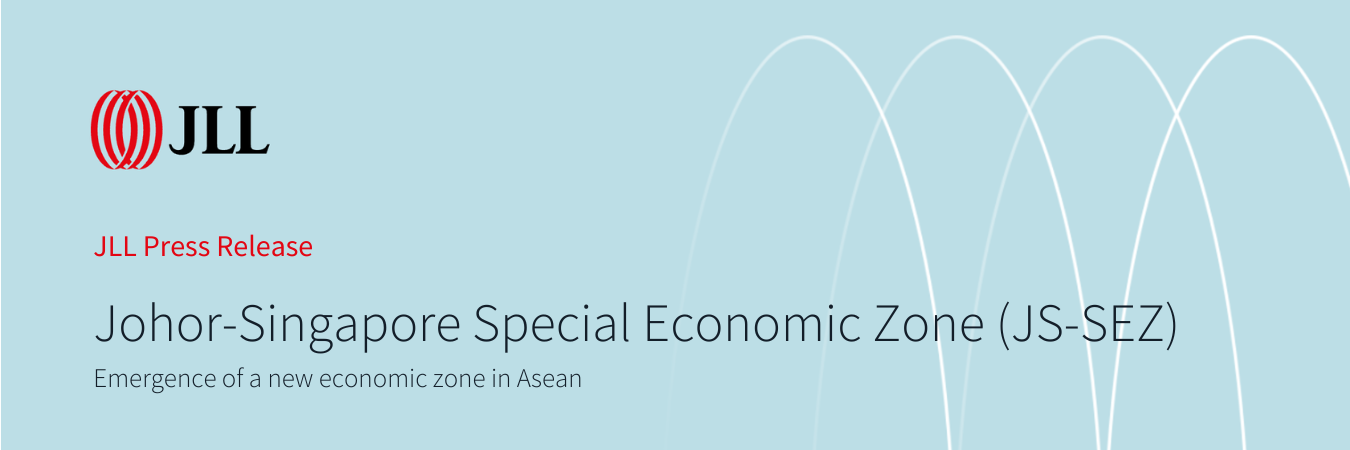 Johor-Singapore Special Economic Zone (JS-SEZ): Comprehensive Tax Incentives and Infrastructure Upgrades Set to Transform Malaysia-Singapore Economic Partnership
Johor-Singapore Special Economic Zone (JS-SEZ): Comprehensive Tax Incentives and Infrastructure Upgrades Set to Transform Malaysia-Singapore Economic Partnership
Nine flagship areas across 3,288 km² territory poised to reshape regional property markets and investment flows
KUALA LUMPUR, July 17, 2025 – JLL Malaysia today released comprehensive research on the Johor-Singapore Special Economic Zone (JS-SEZ), highlighting significant opportunities for investors, businesses, and property stakeholders in the landmark bilateral economic initiative.
The JS-SEZ, officially established through an agreement signed on January 8, 2025, covers an area nearly five times larger than Singapore and almost double the size of China’s Shenzhen. Encompassing both Iskandar Malaysia and Pengerang areas, the economic zone spans 3,288 km² across nine flagship areas.
“The JS-SEZ represents a paradigm shift in regional economic cooperation that builds upon the success of Iskandar Malaysia while creating new avenues for cross-border business opportunities,” said Yulia Nikulicheva, Head of Research & Consultancy at JLL Malaysia. “This initiative aims to attract investments in eleven key economic sectors while enhancing connectivity between Malaysia and Singapore.”
Strategic Economic Framework
The research highlights substantial tax incentives announced by the Malaysian government effective from January 1, 2025, targeting specific sectors across the JS-SEZ’s flagship areas. These include manufacturing business incentives for AI and quantum computing supply chains, medical devices, pharmaceuticals, and aerospace manufacturing; global services hub benefits for regional P&L centres and treasury operations; integrated tourism project incentives; and special provisions for smart logistics complexes.
The JS-SEZ focuses on eleven priority economic sectors: logistics, manufacturing, financial services, digital economy, tourism, food security, health, energy, green economy, business services, and education. This expansion from Iskandar Malaysia’s original promoted sectors reflects the zone’s broader economic ambitions.
The JS-SEZ will offer tailored incentive packages specifically designed for each flagship industry sector, ensuring maximum attractiveness to prospective companies. This innovative approach by the Malaysian government represents a strategic departure from conventional economic development models and positions the project for exceptional success. Despite its primary strategic focus on Singapore, the JS SEZ is already capturing significant interest from multinational corporations seeking to establish operations in Malaysia. The development has rapidly emerged as a preferred destination for global companies looking to expand their footprint in the region’s dynamic marketplace.
Infrastructure Development
“Critical infrastructure improvements underpin the zone’s development, including the Rapid Transit System (RTS) Link connecting Johor Bahru and Singapore, offering alternative mode of cross-border commute,” said Sr Jamie Tan, Managing Director of JLL Malaysia. “This 4km rail link scheduled to operate by December 2026 and capable to transport a maximum of 10,000 passengers per hour in each direction, reducing cross-border travel time to just 6 minutes.”
Last year, in anticipation of the increase in congestion with the completion of the RTS Link in 2026, the Johor state government proposed ART system to disperse traffic in the city. It is set to serve three key corridors, namely Skudai, Tebrau, and Iskandar Puteri. The state government plans to kick off the project in the third quarter of 2025 and is currently calling for proposals for the proposed ART via public-private partnership.
Additionally, the KTMB’s Electric Train Service (ETS) extension, part of the larger Electrified Double Track Project, will connect Johor Bahru to key locations throughout Peninsular Malaysia such as Kuala Lumpur, Ipoh, Butterworth and Padang Besar, with phased implementation. The full service is expected to be launched in the next few months. This will reduce Kuala Lumpur to Johor Bahru travel time to just four hours, enhancing business connectivity throughout the peninsula.
Investment Facilitation
To streamline investment processes, Malaysia has established the Invest Malaysia Facilitation Centre Johor (IMFC-J), an upgraded version of the previous Iskandar Malaysia Investment Service Centre. This one-stop centre, jointly operated by Iskandar Regional Development Authority (IRDA), Invest Johor, and Malaysian Investment Development Authority (MIDA), will facilitate investment-related matters including applications, approvals, and aftercare services.
Property Market Impacts
Key property market impacts identified in JLL’s research include:
- Industrial and Logistics Boom: Surging demand for industrial parks, warehousing facilities, and logistics hubs driven by expanding cross-border trade and manufacturing activities. Key areas like Pengerang, Sedenak, and developments such as 103° in Sunway City Iskandar Puteri are positioned for significant growth.
- Data Centre Expansion: Johor’s data centre sector is experiencing robust growth, building on existing investments from major players like Microsoft Azure, Equinix, and Princeton Digital Group (PDG). The region now hosts Malaysia’s largest data centre, a 500 MW facility by YTL Power in Kulai, the first green data centre powered by renewable energy in the country.
- Commercial Revitalization: Increased demand for prime office space, particularly sustainable developments catering to multinational corporations, along with new retail and entertainment developments targeting cross-border visitors.
- Healthcare Infrastructure: Major healthcare expansion with new facilities from providers like Thomson Hospital Iskandariah (300-400 beds), Sunway Healthcare Group, and government hospitals including the 1,500-bed Hospital Sultanah Aminah 2.
- Residential Property Growth: Increasing demand for residential properties, especially near transport hubs and the upcoming RTS Link, with strength in rental markets serving professionals commuting between Johor and Singapore.
- Land Value Appreciation: Enhanced land values benefiting major developers with substantial landbanks in the region, including UEM Sunrise, IOI Properties, Mah Sing Group, Sunway, EcoWorld Malaysia, S P Setia, and Glomac.
- Hospitality Growth: The development of JS-SEZ and the upcoming Bukit Chagar RTS station have accelerated hotel growth in Johor Bahru to capitalise on the rising demand by travellers. These hospitality expansions are set to attract a steady stream of tourists and business travellers who prefer to stay in Johor while working or holidaying in Singapore, leveraging the seamless cross-border connectivity.
“Johor Bahru city recorded a notable increase in residential property prices, reflecting stronger investor confidence and demand for high-end properties. In Q2 2025, the average transaction prices for serviced apartments surged by 20.4% compared to annual average for 2024, while double-storey terrace houses saw an increase of about 8.6% over the same period. The price growth was supported by renewed interest from both local and regional buyers, the city’s ongoing infrastructure improvements and spillover effect of the JS-SEZ,” said Jamie Tan.
“For Singapore, the JS-SEZ offers a solution to land constraints and rising costs while building economic resilience through regional integration,” noted Yulia Nikulicheva. “For Malaysia, it capitalises on Iskandar Malaysia’s established foundation while creating new investment pathways and employment opportunities.”
“It all comes down to right timing. The launch of the JS-SEZ coincided with a period when business costs in Singapore were escalating sharply, while Malaysia was strengthening its position as a stable, attractive investment destination and an emerging digital hub,” said Jamie Tan. “These factors have created a strong pull for many manufacturing and service industries to relocate or establish ‘twin’ facilities in Johor, allowing them to optimise costs while maintaining close proximity to Singapore’s market and connectivity.”










